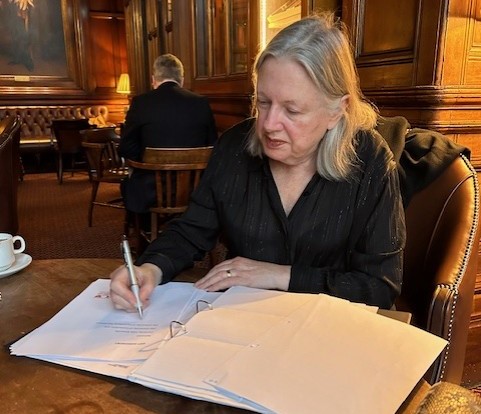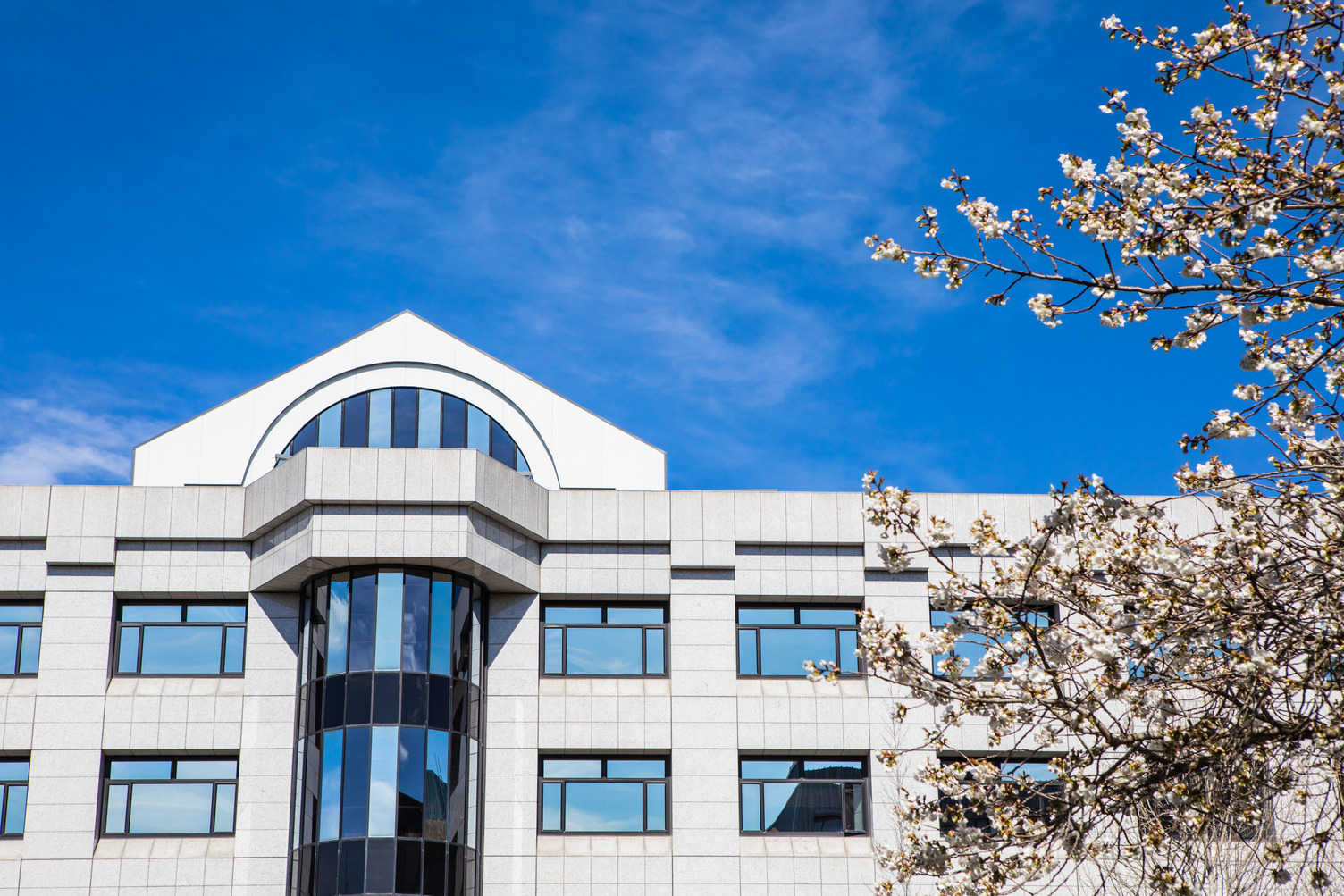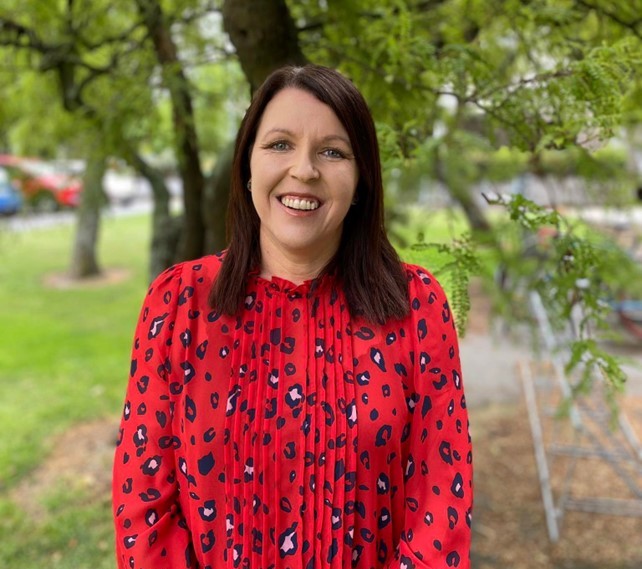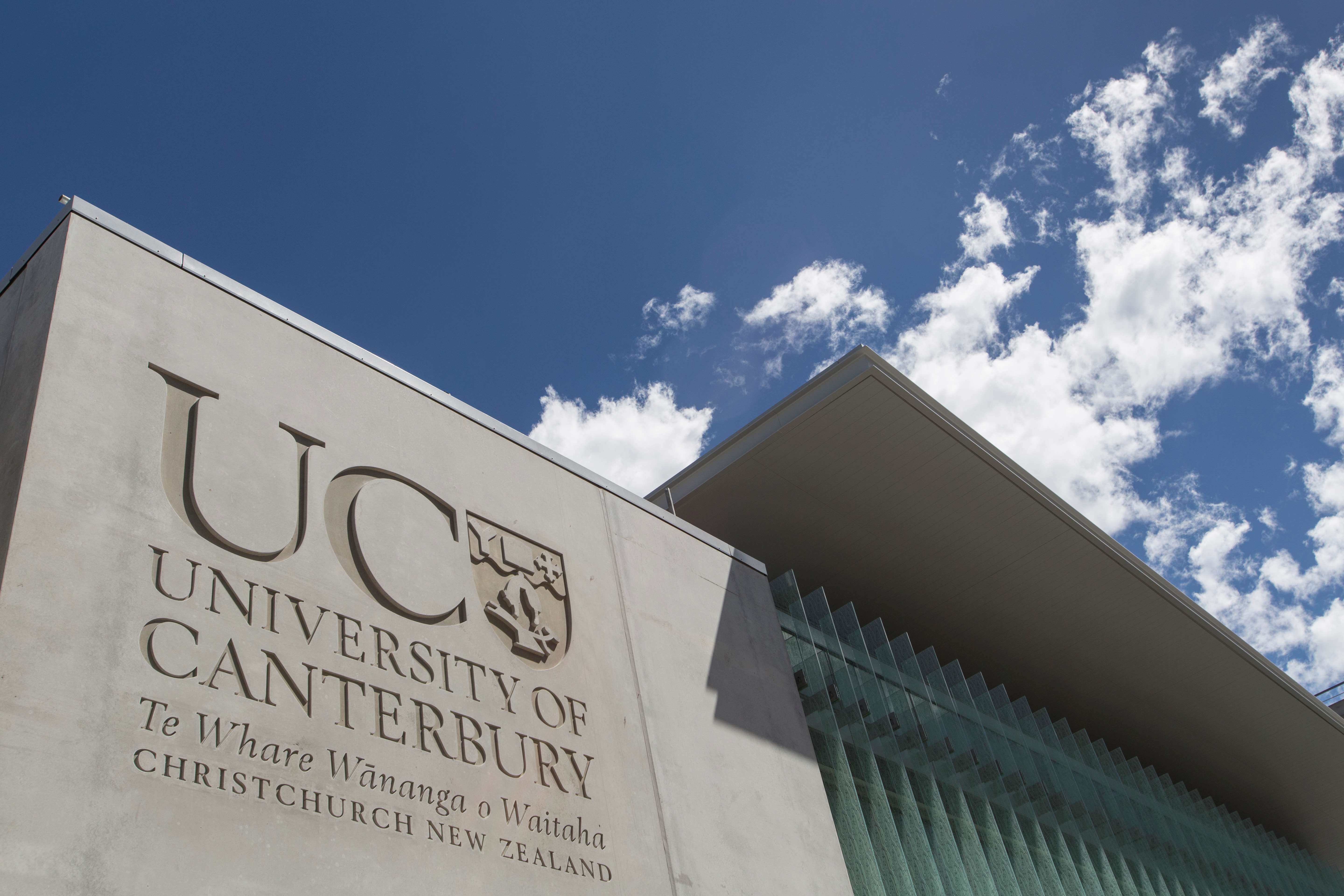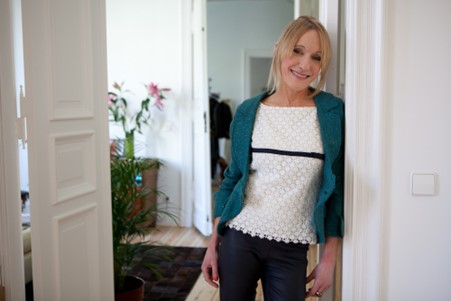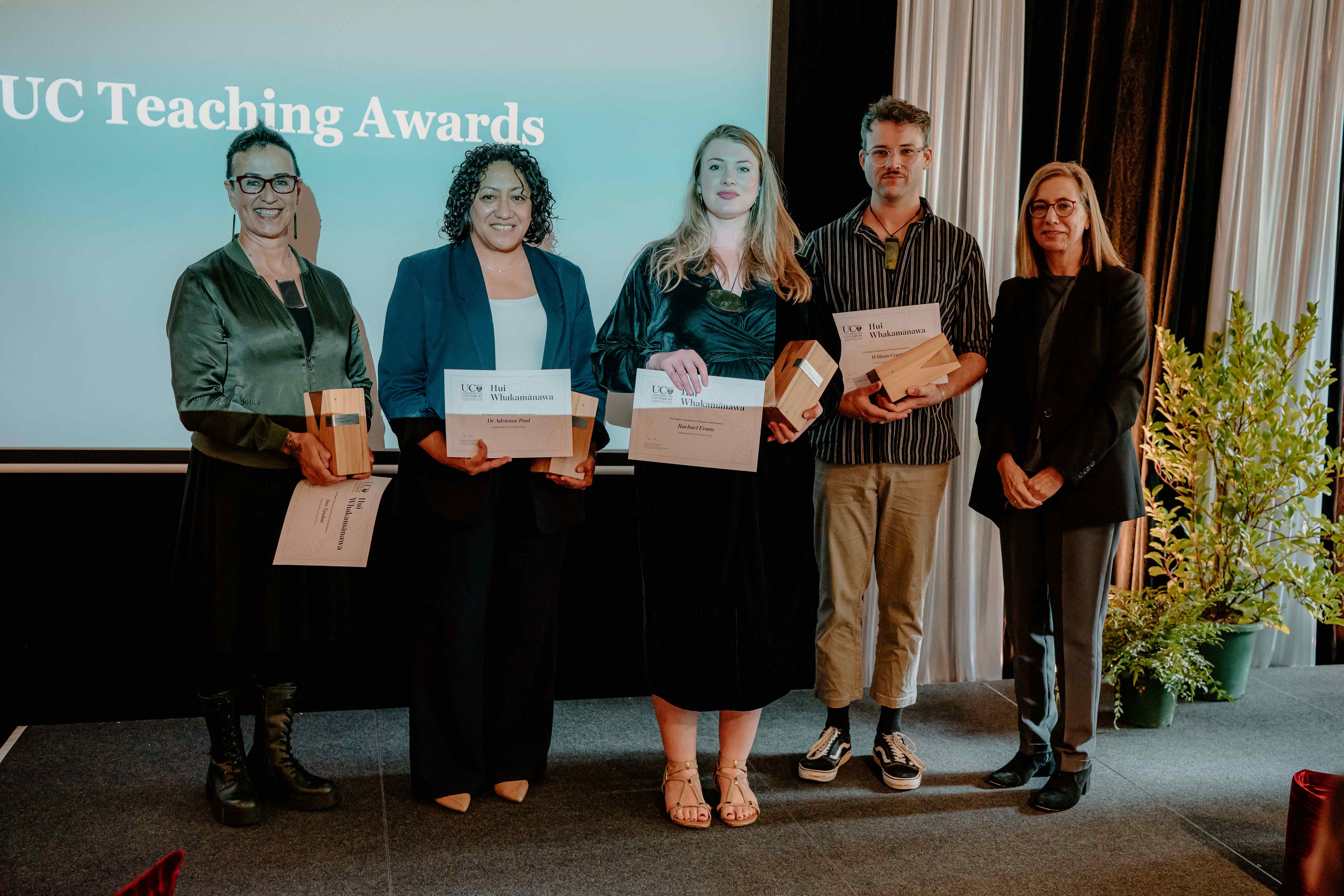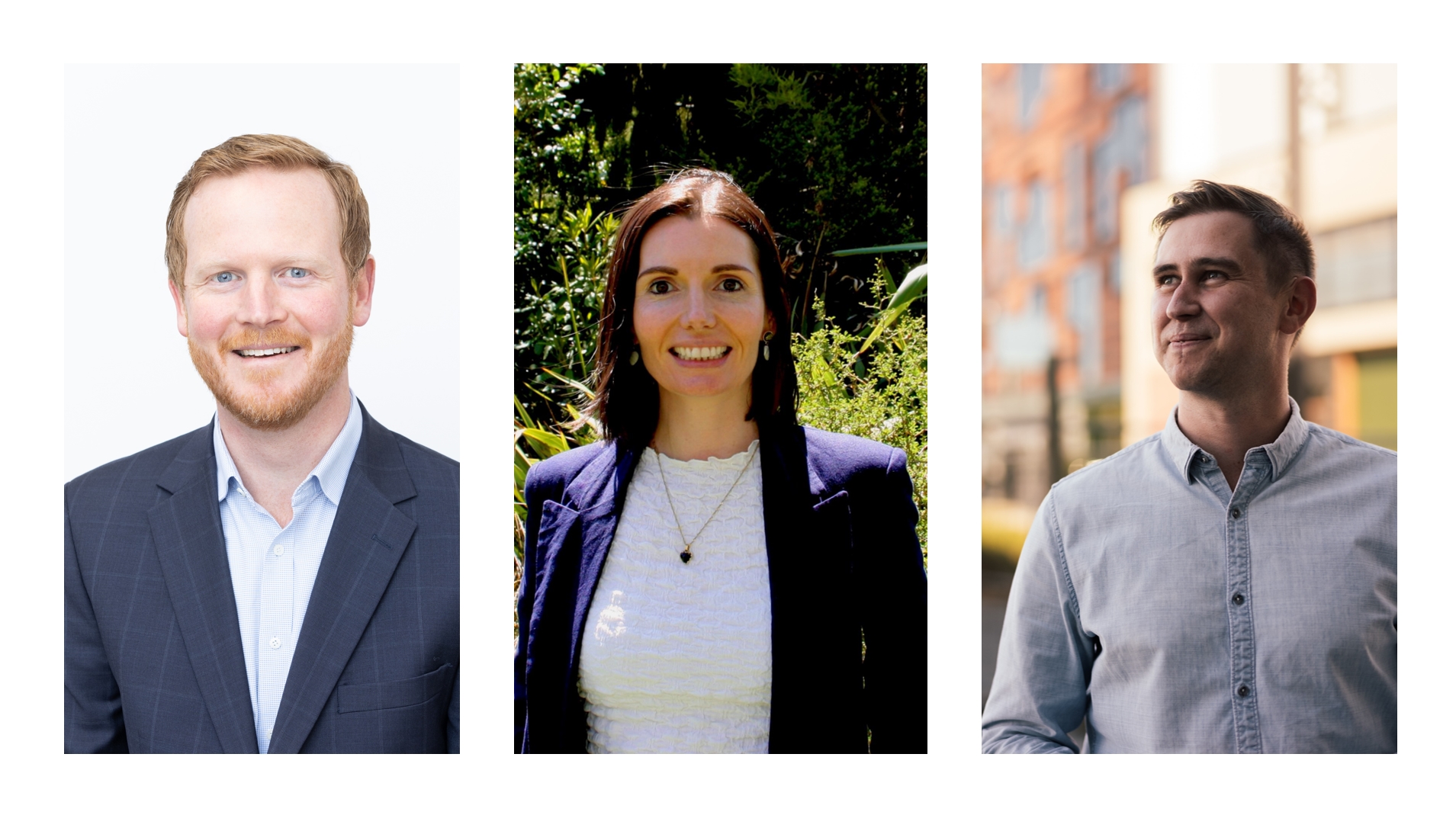“From my arrival at UC, I have felt a sense of belonging within the walls of Aotahi, the School of Māori and Indigenous Studies,” says Andrew. “The language expertise of the lecturers has fed my insatiable desire to learn about all aspects of te reo, and the shared driving vision of language revitalisation has created a bond between the wider community.
“I am enthusiastic about giving back to te hunga pīkoko ki te reo (the community of reo language learners). Nā rātou au i whakatangata (they were the ones who made me who I am). Initiatives such as Café Reo and tutoring opportunities with Te Kaupeka Pūtaiao have enabled me to broaden the reach of my repayment to te Ao Māori.”
Andrew says that a key foundation of his teaching is reconnecting with his heritage.
“I did not know I was Māori growing up. When I was initially exposed to te reo, i tahua he ahi ki roto i tōku puku (a fire was lit in my belly) to explore this previously unknown world. This led to my whole whānau starting on a journey to reconnect with our iwi, our tīpuna, and our reo. Over time, this desire has only grown, and Māoridom has expanded in my life to become central to my identity.
“I believe my relatively recent exposure to te reo has enabled me to sympathise more with students at the beginning of their reo journey. I vividly recall the feelings of complete ignorance, confusion, embarrassment, joy, wonder, and pride that accompany that journey. I have tried to bring these experiences into my teaching style.”
In November, Andrew will begin a new role as an Analyst at Deloitte in Wellington. As part of the Strategy and Business Design team, he will be engaged with the Hourua Pae Rau kaupapa, Deloitte’s Māori sector, which partners with Māori, government and businesses wanting to align their work with and for the benefit of Māori, and is the largest Māori professional services team in Aotearoa. Andrew says he is looking forward to continuing his te reo journey in his new role.
“The Māori language is of the utmost importance to the Māori identity and culture. If it ceases to exist, the very essence of what it is to be Māori may pass away. The fight for language revitalisation is more than a fight for a language; it is a fight for identity, for culture, and most importantly for people.”



